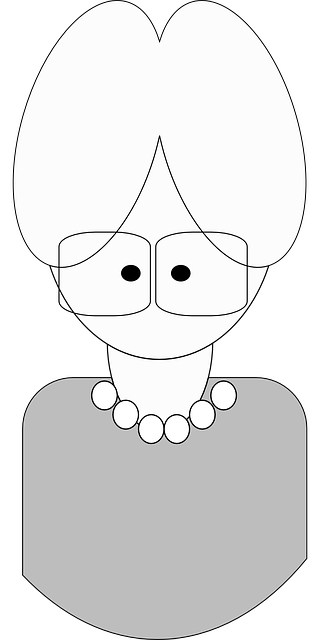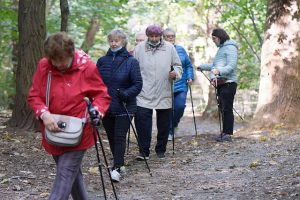Elderly Companion Services are vital for managing medications in seniors living alone, addressing age-related challenges like memory issues, multiple prescriptions, and side effects. They provide clear explanations, ensure correct dosages, reduce overdose risk, and offer personalized support. By using pill organizers, digital reminders, and education, these services help prevent hospitalizations, improve health, and give families peace of mind.
Medication management can be a complex challenge for seniors, with potential consequences for health and well-being. As the population ages, understanding and addressing these issues is crucial. This article explores strategies to help older adults stay on track with their medication schedules, focusing on the vital role of elderly companion services in providing much-needed reminders. By delving into effective adherence techniques, it offers practical insights for seniors and their caregivers.
- Understanding the Challenges of Medication Management for Seniors
- The Role of Elderly Companion Services in Providing Reminders
- Effective Strategies for Ensuring Adherence to Medication Schedules
Understanding the Challenges of Medication Management for Seniors

Managing medications can be a complex and challenging task for many elderly individuals, especially those living alone. As people age, their bodies go through numerous changes, and they often require a higher number of prescriptions to manage various health conditions. This complexity is further compounded by potential interactions between different medications, side effects, and the need for precise timing in taking them. The process of tracking, organizing, and adhering to medication regimens can become increasingly difficult for seniors, leading to potential health risks.
Elderly Companion Services play a vital role in assisting these individuals in navigating this challenge. Professional companions can help by providing clear explanations about each medicine, its purpose, and potential side effects. They ensure that medications are taken correctly, at the right time, and in the correct dosage, thereby reducing the risk of accidental overdoses or interactions. These services offer a supportive system, especially for those who may struggle with memory issues related to medication management, fostering a safer and healthier lifestyle for seniors.
The Role of Elderly Companion Services in Providing Reminders

Elderly Companion Services play a vital role in assisting seniors with medication management, especially as their memory and mobility may diminish over time. These services offer personalized support tailored to each individual’s needs, ensuring that they take their medications correctly and on time. Companions are trained to understand the importance of adherence to medication regimens for overall health and well-being, acting as a reliable reminder system. They can help seniors organize their pills, create visual aids or digital schedules, and even provide assistance with filling prescriptions.
With their companionship, seniors receive encouragement and motivation to stay on track with their medication routines. Companion services also offer peace of mind for families, knowing that their loved ones are being cared for and supported in maintaining a healthy lifestyle. This aspect is crucial, as proper medication adherence can prevent hospitalization, reduce the risk of adverse drug interactions, and improve overall quality of life for seniors.
Effective Strategies for Ensuring Adherence to Medication Schedules

Staying adherent to medication schedules can be challenging for seniors, especially as their routines change or they face declining cognitive function. Effective strategies are crucial in ensuring the well-being and safety of elderly individuals who rely on their medications. A reliable Elderly Companion Service plays a vital role here. Companions can assist by creating visual reminders like pill organizers and setting alarms to signal each medication time. They can also help educate seniors about the importance of adherence, offering gentle reminders when needed and even assisting with tracking refills.
Additionally, using technology can be a game-changer. Medication apps or smart pills boxes that provide audio or visual alerts can improve adherence. These tools often offer features to log medication intake, ensuring seniors and their caregivers have a clear record of their compliance. Such innovations make managing complex medication schedules more manageable for the elderly and their support networks.
Medication management can be a complex task for seniors, but with the support of Elderly Companion Services and effective strategies, adherence to medication schedules becomes more achievable. By combining personal assistance with technology, these services play a crucial role in ensuring seniors take their medications correctly, improving overall health outcomes. Through simple reminders and regular monitoring, Elderly Companion Services offer a helping hand, allowing seniors to focus on living their best lives.






